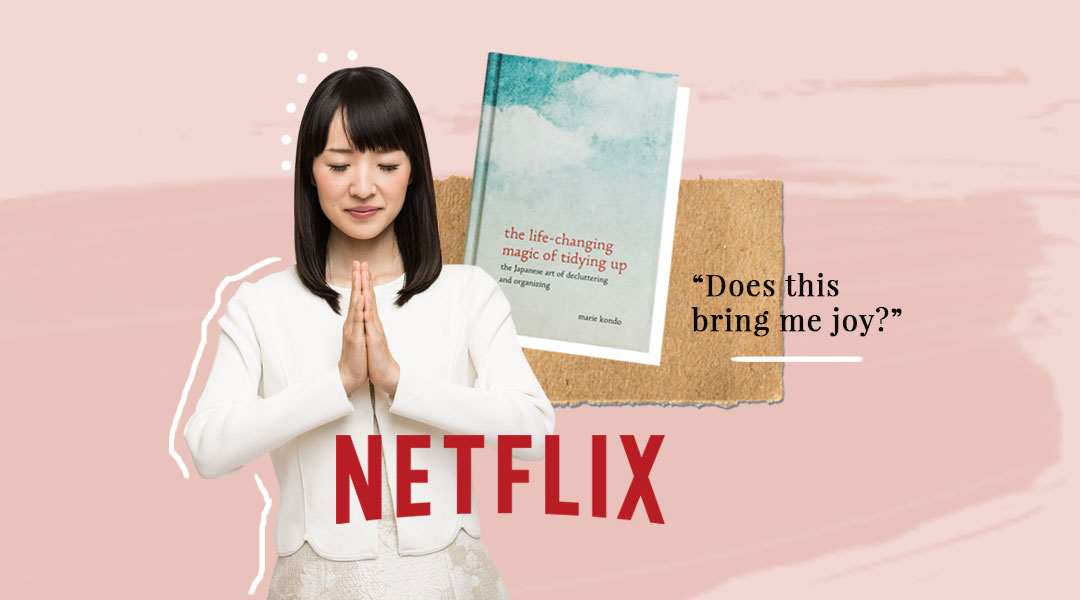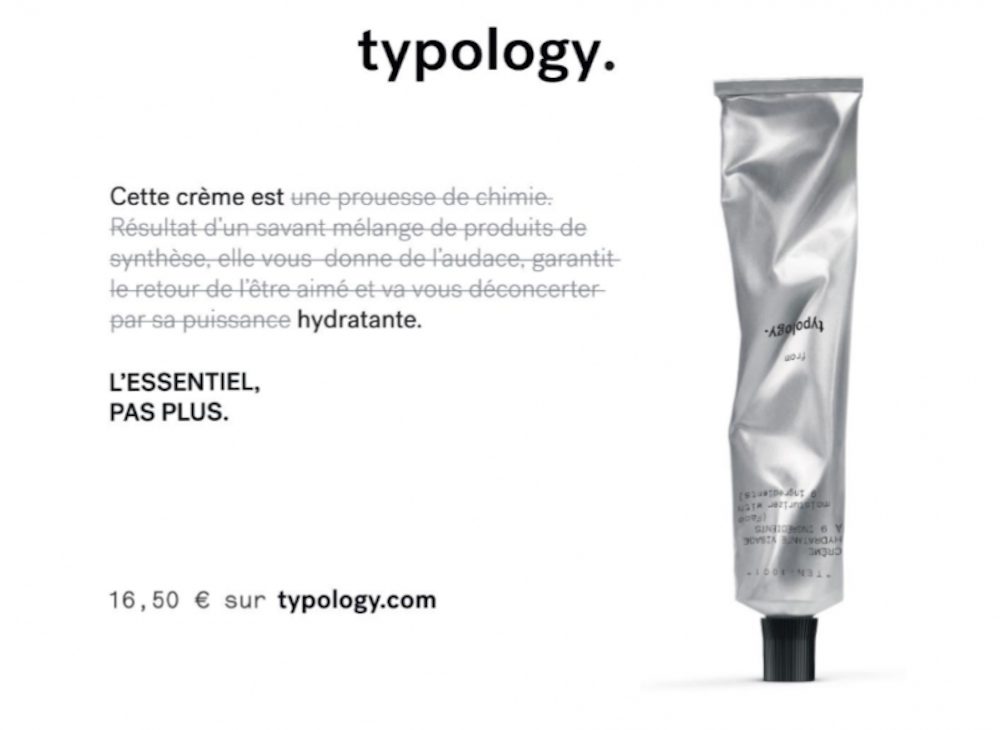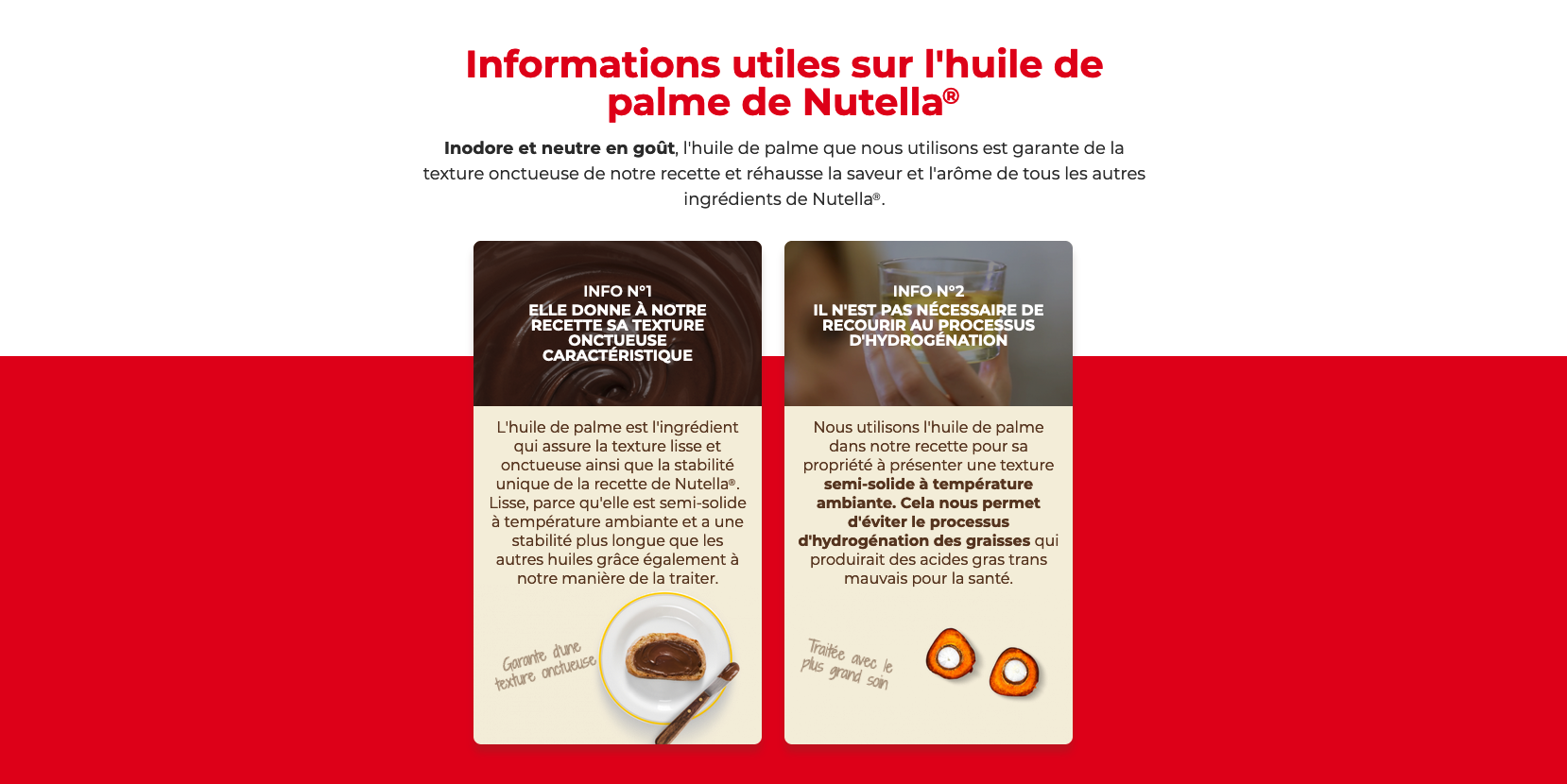Less is now: brands face the paradox of minimalism.
As we know, successive confinements have upset the relationship to oneself and to consumption. So much so that 73% of French people now say they want to focus only on what is important in their consumption… How do brands make themselves essential to a consumer in search of simplicity? Let’s talk about it.
Less is now ?
When consumers say they want the “next world” to be built on simpler, more natural foundations, with more common sense, we must remain realistic. The search for meaning in consumption is not a revolution or a special COVID-19 exclusive! The “world after” is very similar to the “world before”: organic, second hand and even 0 waste are nothing new even if, I grant you, the sanitary crisis seems to have exacerbated this kind of initiatives.
For the last ten years, minimalist consumption seems to be the universal answer to a hyper-connected world of hyper-consumption and hyper-information: it allows us to live better with less and not to let ourselves be invaded by the flow. But it is also – and above all – a way to distinguish oneself from a symbolic mass which, on the contrary, would play the game of over-consumption.
However, far from being reserved for "alternative" consumers, minimalism has finally become a mainstream and bankable consumer trend.

Series, podcasts, articles, books, … By becoming a new behavioral norm, minimalism seems to paradoxically sell as much as it advises people not to buy. Do you know what I mean?
The fantasy of the minimum
To consume less, to go towards simpler products or those which are more natural, are so many speeches conveyed to value a return towards oneself, a moral well-being that all sought during the confinement to palliate the anxiety. We return, in the consumptions, to purer forms, without artifice, without preservative, without palm oil, to the essence of the product. This will is transformed into a kind of fantasy of the minimum directly observable on the products of great consumption for example.
The packaging will characterize the product more by what it does not contain, rather than what it is.

“-25% salt”, “without rind”, “without added sugar”, “without palm oil”… “Without” is a magical and reassuring word that unconsciously reminds a promotional system, and by halo, the good deal. If a European regulation that came into force in 2019 prohibits brands from putting the claim “without” on the packaging of cosmetic products – “without phthalates”, “without parabens” or “without sulfates” -, it remains an undeniable selling point in other sectors because it reflects both the transparency of the brand to its consumers, but also the desire to take care of them. It seems no less paradoxical to want to buy a product by valuing what it does not have, in other words to buy to not have.
The praise of functionality

The idea is to reduce the product to its use.
Thus, the brand can assert its arguments of effectiveness (“the ingredients are meticulously selected to meet the needs perfectly”) and quality (“no toxic or incomprehensible elements”). For its products, but also its ranges: some brands are reducing the number of products in response to a context of hyperchoice that exhausts. Packaging is also being questioned: is it necessary? No longer reserved for small emerging brands, 0 packaging, associated with 0 waste, is taking over. Accompanied by an ecological argument, brands are asking themselves how far they can go to make their products essential.
In short, brands are taking a new approach, more global and directly linked to their DNA: that of removing the surplus, a negative notion – linked to excess – that we unconsciously associate with consumption. Indeed, often considered as impure and destructive, the rhetoric of the minimum is imposed as a way to compensate for the shortcomings of consumption itself and to make consumers feel less guilty. This approach becomes a new selling point, in line with the mentality of consumers who want to return to more responsible consumption. Brands thus prove that they deserve to exist, and even that their existence is essential.